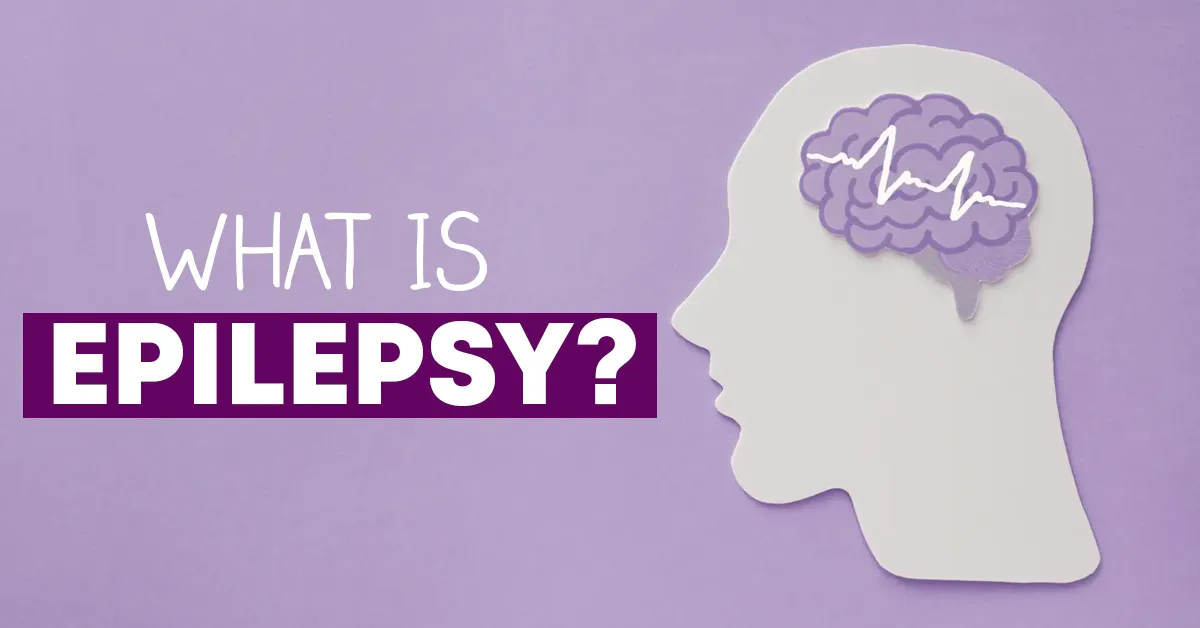According to the CDC, more than 1 percent of Americans have epilepsy, making it the 4th most common neurological disease.
Epilepsy is a brain condition that can cause repetitive seizures of varying frequency.
Even if you do not have epilepsy, you likely are familiar with the warnings that can appear on media citing potential flashing sequences that could affect those with epilepsy. However, those diagnosed with epilepsy can have numerous triggers from a wide variety of sources – not just flashing sequences.
What can Trigger a Seizure in Someone with Epilepsy?
The Epilepsy Foundation documents many possible triggers on its website:
– Specific time of day or night
– Sleep deprivation
– Illness (with or without fever)
– Flashing bright lights or patterns
– Alcohol or drug use
– Stress
– Menstrual Cycle or hormonal changes
– Not eating well, or having deficiencies caused by going long stretches without eating
– Specific foods, such as those with excess caffeine
– Using or missing certain medications
Who can be Diagnosed with Epilepsy?
Anyone can be diagnosed with epilepsy. Age and race do not influence your risk of being diagnosed with epilepsy.
However, the World Health Organization estimates that 80% of those living with epilepsy are in low or middle-income countries. These countries frequently have less access to epilepsy treatment/medications and thus individuals are not able to manage their symptoms as well.
Having one seizure does not mean you have epilepsy. According to the Mayo Clinic if you have multiple seemingly unprovoked seizures, more than 24 hours apart, then an epilepsy diagnosis may be considered.
What Causes Epilepsy?
The Mayo Clinic estimates that half of those affected by epilepsy do not have an underlying cause. However, epilepsy can be genetic, meaning some types of epilepsy can run in families. Usually, another cause, such as a head injury, needs to take place to trigger someone to be diagnosed with epilepsy even if others in their family have it.
Head injuries and other brain-related injuries can be a cause of epilepsy. Developmental conditions like autism and ADHD can increase someone’s risk of being diagnosed with epilepsy.
Is there a Cure for Epilepsy?
The first step in epilepsy treatment according to the American Association of Neurological Surgeons is often the use of antiepileptic medications.
These medications treat the seizures associated with epilepsy and are effective in making it less likely for seizures to occur.
Diet changes and surgery may be performed in less common cases when patients have particular types of epilepsy.
Are there Different Types of Epilepsy?
There are 4 potential types of epilepsy based on the types of seizures that occur. These can be general, focal, both general and focal, or unknown.
Generalized seizures involve the entire brain, while focal seizures occur only in a portion of the brain. Each of these key types of seizures has its sub-types and corresponding symptoms that can help professionals make a detailed diagnosis.


